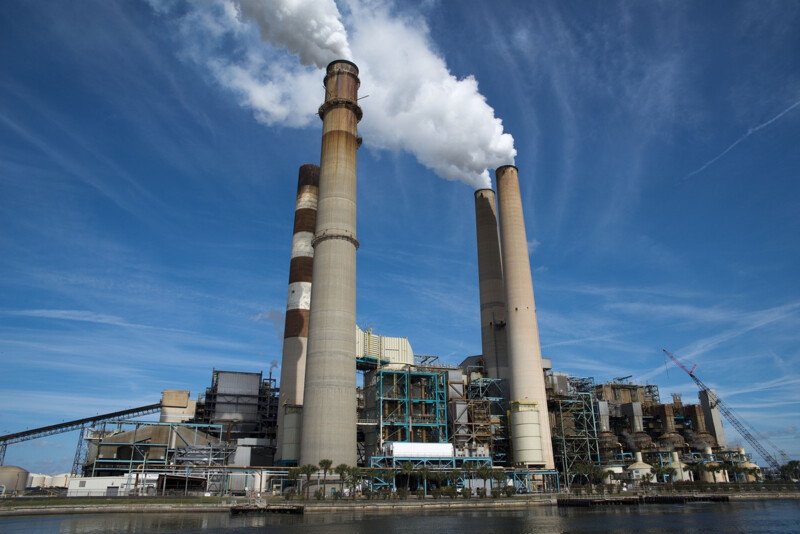Selon un rapport du think tank The Shift Project, réalisé à la demande du ministère des Armées, l’Europe risque d’être confrontée à des pénuries importantes de gaz dans les années à venir. L’accélération de la décarbonation et l’intensification des efforts en faveur de la sobriété énergétique sont les deux solutions préconisées pour faire face à ces difficultés d’approvisionnement.
De graves difficultés d’approvisionnement de gaz à moyen terme
Si l’Europe est récemment parvenue à remplir ses réserves de gaz, qui atteignent désormais 92 % dans l’Union et près de 100 % en France, le risque de pénurie dans les années à venir demeure très élevé.
Comme l’explique le rapport du think tank The Shift Project intitulé « Gaz : quels risques pour l’approvisionnement de l’Union européenne », réalisé pour la Direction générale des relations internationales et de la stratégie du ministère des Armées (DGRIS), la Russie était jusqu’ici le premier fournisseur de gaz de l’Union européenne, avec environ 40 % des importations.
Or, il est fort probable que l’Europe doive faire face à une cessation durable des importations de gaz russe, qui ne pourront pas être palliées par une augmentation des importations algériennes ou norvégiennes.
Même si le tableau était moins sombre, avec une baisse de la demande de gaz en Europe et le maintien des contrats déjà signés entre la Russie et les entreprises du Vieux Continent, des pénuries importantes resteraient inévitables. Le déficit d’approvisionnement serait de 13 % d’ici 2025, de 25 % d’ici 2030 et de 47 % d’ici 2035.
Pour parvenir à ces estimations, The Shift Project s’est notamment basé sur les données de la société indépendante norvégienne Rystad Energy, spécialisée dans la recherche énergétique et la veille économique.
La concurrence avec les pays asiatiques sur le marché du GNL
Selon le directeur du Shift Project, Matthieu Auzanneau, le risque de pénurie pour cet hiver n’a pu être écarté que grâce à la baisse de la demande chinoise, en pleine tourmente à cause de la reprise épidémique du Covid-19. À l’avenir, la situation du marché du gaz naturel liquéfié (GNL) pourrait être moins favorable à l’Europe, avec une concurrence très forte des pays d’Asie.
Des tensions importantes sont à craindre à l’échelle mondiale dans les années à venir, en raison de l’insuffisance de l’offre de gaz. Certains pays en ont eu un avant-goût cet automne, comme le Bangladesh par exemple, qui n’a pu faire face à la hausse des prix provoquée par la demande de l’UE. Résultat : faute de pouvoir poursuivre les importations, plusieurs centrales à gaz ont dû cesser leur activité, et 130 millions de personnes se sont retrouvées sans électricité en octobre.
La concurrence s’annonce d’autant plus vive que la position de la Chine sur les contrats de long terme est bien plus avantageuse que celle de l’Europe, avec 100 % de sa demande couverte d’ici 2025, et 85 % d’ici 2030. Même chose pour les pays d’Asie de l’Est, dont 95 % des besoins en GNL sont sécurisés pour 2025, et 78 % pour 2030. L’UE doit donc se rabattre sur les contrats de court terme, où les prix sont beaucoup moins stables.
Selon le rapport du think tank, pour éviter de se retrouver confrontée à de graves pénuries de gaz dans les prochaines années, l’Union européenne doit impérativement redoubler d’efforts sur deux volets : la décarbonation et la sobriété énergétique.
Gaz: la pénurie guette à moyen terme
— BFM Business (@bfmbusiness) December 6, 2022
🎙️ @mpechberty pic.twitter.com/jMBIwAfxbH
Continuer à se passer de gaz russe à moyen terme, c'est dire au revoir à une partie de notre industrie:
— BFM Business (@bfmbusiness) December 6, 2022
"Si on reste dans une économie de pénurie de gaz russe, ça ne tiendra pas sur la durée"
💬 @mpechberty pic.twitter.com/28boCAIV68
